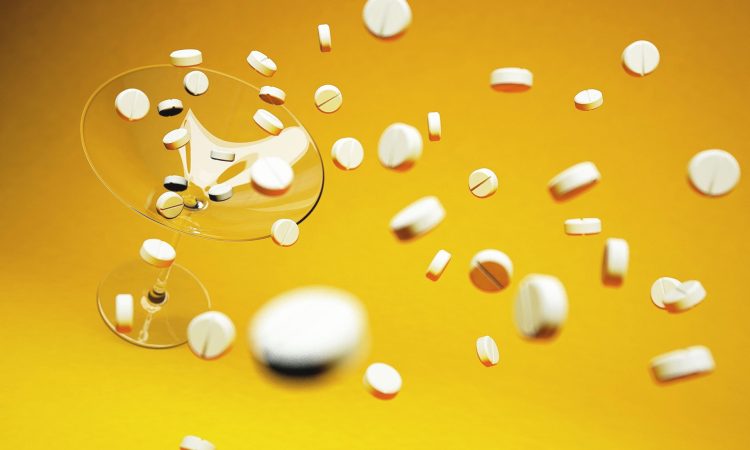Taken from Chapter 8, “Deprescribing” from the book, “Live Young, Two Times Longer”.
There is no denying the importance of drugs to treat many diseases. However, this therapeutic arsenal we carry with us, can be a double-edged sword. There are currently worrying trends, namely overdiagnosis, which leads to overtreatment. Over time, a person, as they get older, accumulates several diagnoses, which can correspond to many medications, and sometimes drug cocktails. And as one of my bosses once said at the Saint-Luc hospital during my internship (over 30 years ago): “Beyond six medications within the same person, you can no longer understand anything.”
Hence the tendency to carry out systematic “therapeutic cleanup” in admitted patients. For a doctor, often pressed for time, it is sometimes easier to prescribe than to think.
“Ah, you aren’t sleeping well?” We’re going to give you a little something to help you, temporarily.”
The first thing you notice is that the patient is still taking this medication after ten years. If prescribing is an art of medicine, deprescribing should be as well. And both actions must be taken in accordance with the good old medical doctrine:
“Primum, non nocere” (First, do no harm).
It is clear that there is an “accumulation” of this medication over the years and that as the diagnoses add up, the drugs multiply. It is difficult to withdraw from a drug that a patient has been taking for many years, as it looks like there is a risk of an adverse effect. After all, if they already take it, then they need it!
The doctor’s reflex is then not to touch the already prescribed medication too much, and rather to add other “compatible” molecules to the rest of the pharmacopoeia. This accumulation phenomenon is well known to the medical community and it is common to meet elderly people taking more than 15 or 20 different molecules!
This is why deprescribing is so important in the context of healthy aging. Because taking all these molecules can be a danger and can often be a deadly threat. Many hospital admissions are in fact due to medications, or by intoxication, interactions, or their side effects.
So the advice I could give to patients would be:
Ask your doctor or pharmacist why you should be taking each of your medications, and if it is essential for your well-being. If the answer is not clear, it would be wise to abandon it.
Insist that a therapeutic cleanup be done periodically, more often than you take medication.






